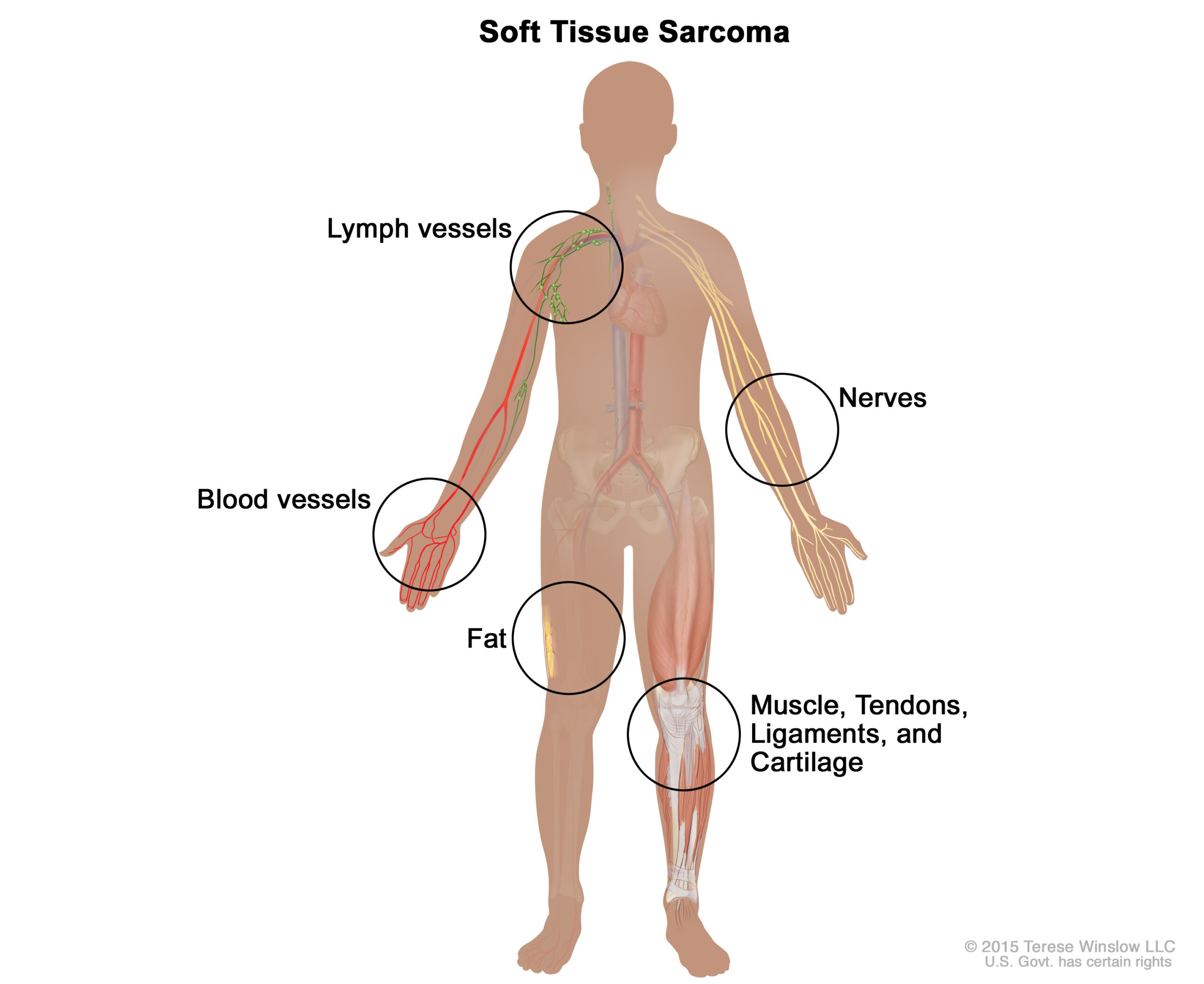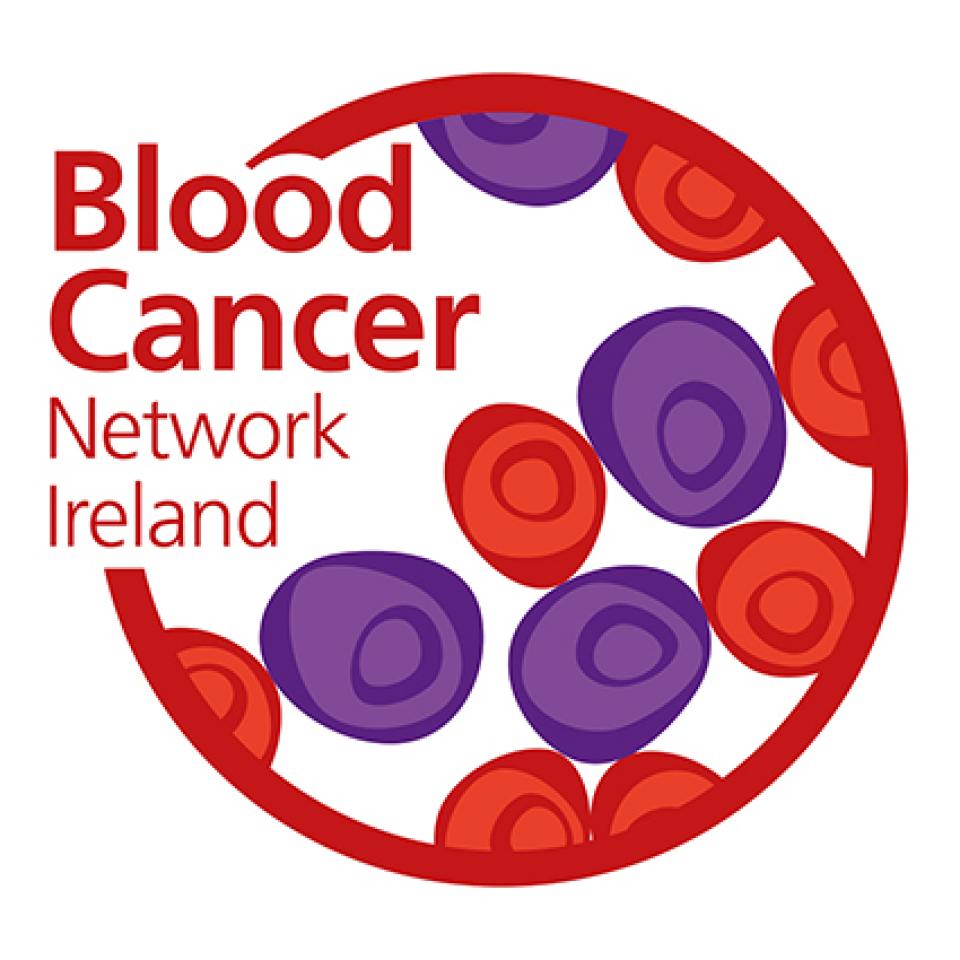
What is a Sarcoma?
A Sarcoma is a bone, cartilage, or soft tissue (nerve, fat, and muscle) cancer. These cancers are malignant, rare, and aggressive. This type of cancer can affect any part of the body, but 80% of the time, they are found in soft tissues. Therefore, Soft Tissue Sarcoma (STS) is the most common type of this cancer. Additionally, more than 60% of diagnoses are found in the leg.
Doctors diagnose approximately 220 people a year with Sarcoma in Ireland. However, A study conducted by the National Cancer Registry Ireland concludes that STS survival is 75.6% after one year.

Risk Factors of Sarcomas:
Sarcomas’ causes are relatively unknown, but there are a few risk factors:
- Genetic mutations: disease inheritance is known to increase the risk of developing cancer.
- Lymphedema: a consistent swelling of lymph fluid caused by a damaged or blocked lymph system can cause a special type of cancer called angiosarcoma.
- Exposure to chemicals: chemicals can also increase the risk of developing a tumor, especially that of the liver.
- Cancer radiation treatment: Radiation can treat cancer but also cause sarcomas later.
- Viral Exposure: Exposure to human herpesvirus 8 can all increase risk for developing a Sarcoma called Kaposi’s sarcoma.
Symptoms of Sarcomas:
Each tumor presents with different symptoms, and some early stage STS tumors do not have any signs or symptoms at all. However, the most common symptoms, when presented, are:
- A mass under the skin. It may or may not be painful.
- Bone pain.
- An unexpected broken bone caused by little to no injury.
- Abdominal pain.
- Weight loss.
Sarcoma Treatment:
Each tumor is all treated differently, depending on the diagnosis. However, there are three main types of treatment:
- Surgery: This is the most common treatment for this type of cancer.
- Radiotherapy: Especially if diagnosed with soft tissue sarcoma in the legs or arms, doctors may use high-energy waves to kill the cancerous cells.
- Chemotherapy: Using anti-cancer drugs is beneficial, especially when teamed with other forms of treatment.
If you or anybody you know may be affected by a sarcoma, please contact your physician to seek a professional opinion.
Related News

All-Island Biobanking Symposium Highlights Collaboration and Innovation in Irish Research
The Biobanking in Ireland Review and Directory
Introducing the Biobanking in Ireland Review and Directory, a comprehensive resource compiling detailed information on Ireland’s key biobanks, their leadership teams, research focus areas, and capabilities to support collaboration and advance scientific discovery. We will circulate this Directory in the coming months. If you are a biobank and wish to participate, please reach out to us for inclusion.















